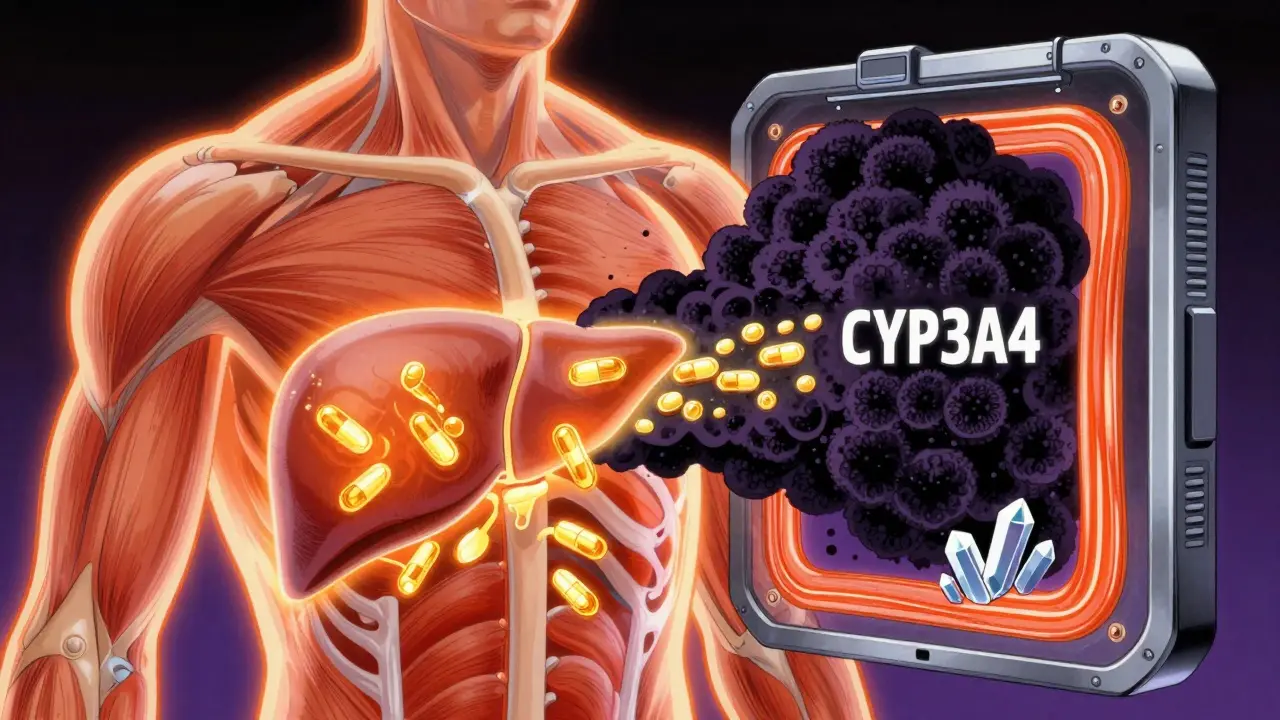Simvastatin: What It Is and How It Helps Lower Cholesterol
If your doctor mentioned a statin called simvastatin, you’re probably looking for a simple explanation. In plain terms, simvastatin is a pill that lowers the amount of “bad” LDL cholesterol in your blood. It does this by blocking an enzyme your liver uses to make cholesterol, so less of it ends up circulating.
Most people take simvastatin after a heart‑related event, like a heart attack, or when their cholesterol numbers stay high despite diet changes. The goal is to keep arteries clear and reduce the risk of strokes or heart attacks.
Dosage and How to Take Simvastatin
Doctors usually start with a low dose – often 10 mg or 20 mg once a day – and may increase it based on your lab results. The maximum approved dose is 80 mg, but that’s reserved for very high‑risk patients and requires close monitoring.
Here’s a quick cheat sheet:
- Take the pill in the evening. Your body makes most cholesterol at night, so night‑time dosing works best.
- Swallow the tablet whole with a glass of water. Don’t crush or chew it.
- Avoid grapefruit or grapefruit juice. The fruit can raise the amount of simvastatin in your blood, increasing side‑effect risk.
- If you miss a dose, take it as soon as you remember – but if it’s close to bedtime, skip it and resume your regular schedule.
Regular blood tests are part of the plan. Your doctor will check cholesterol levels and liver enzymes after a few weeks, then periodically afterward.
Side Effects and Safety Tips
Most folks feel fine on simvastatin, but a few experience muscle soreness, weakness, or cramps. This can be a sign of a rare condition called rhabdomyolysis, which requires immediate medical attention. If your muscles feel unusually painful, call your doctor.
Other possible side effects include mild stomach upset, headache, or occasional liver enzyme changes. That’s why labs are important – they catch issues before they become serious.
People who are pregnant, trying to become pregnant, or breastfeeding should avoid simvastatin. The drug can affect a developing baby’s cholesterol production.
Drug interactions matter, too. Certain antibiotics, antifungals, and HIV meds can raise simvastatin levels. Always tell your pharmacist about every prescription and over‑the‑counter product you use.
Couple of practical tips to stay safe:
- Keep a list of all meds and share it with each new doctor.
- Stay hydrated – water helps your muscles stay healthy.
- Combine the pill with a heart‑healthy diet: more veggies, whole grains, lean proteins, and less saturated fat.
- Exercise regularly. Even a 30‑minute walk most days can boost the cholesterol‑lowering effect.
Remember, simvastatin is just one piece of the puzzle. When you pair it with good food choices, movement, and routine check‑ups, you give your heart the best chance to stay strong.
Got more questions? Talk to your doctor or pharmacist. They can tailor the dose, answer concerns about side effects, and help you set realistic cholesterol goals.
-
 VIEW POST
VIEW POSTStatins and Antifungals: What You Need to Know About This Dangerous Drug Interaction
Feb, 1 2026|9 CommentsStatins and certain antifungals can cause dangerous drug interactions leading to muscle damage. Learn which combinations to avoid, safer alternatives, and what to ask your doctor before starting treatment. -
 VIEW POST
VIEW POSTZocor Side Effects: What to Expect and How to Ease Them
Jul, 26 2025|8 CommentsLearn the most common Zocor (simvastatin) side effects and get timely tips for handling muscle pain, GI upset, and more—without missing your cholesterol goals. -
 VIEW POST
VIEW POSTStatins Explained: Zocor Uses, Benefits, and How It Lowers Cholesterol
Jul, 10 2025|11 CommentsGet a clear answer: what is Zocor used for? Learn about its role in lowering cholesterol, how it works, and when doctors prescribe it, all explained simply and accessibly.